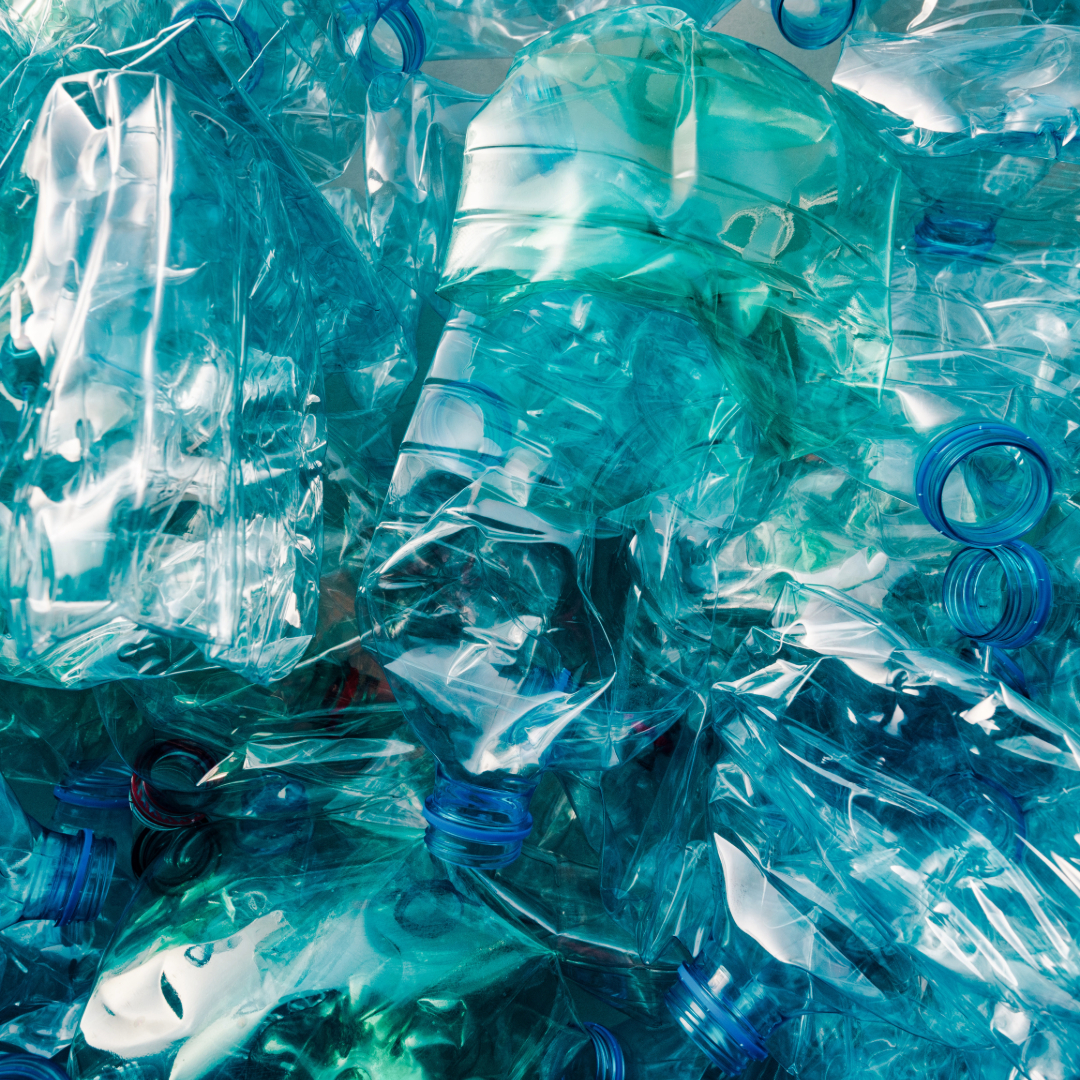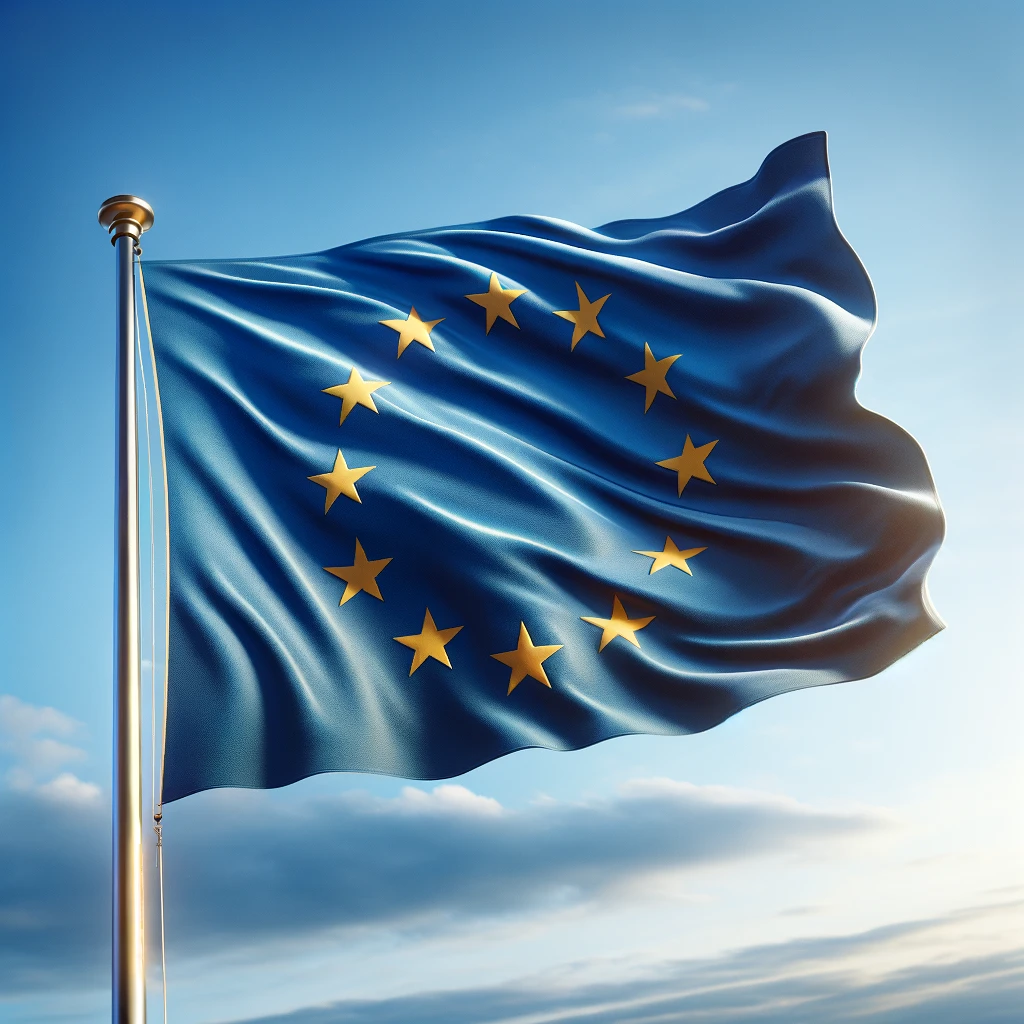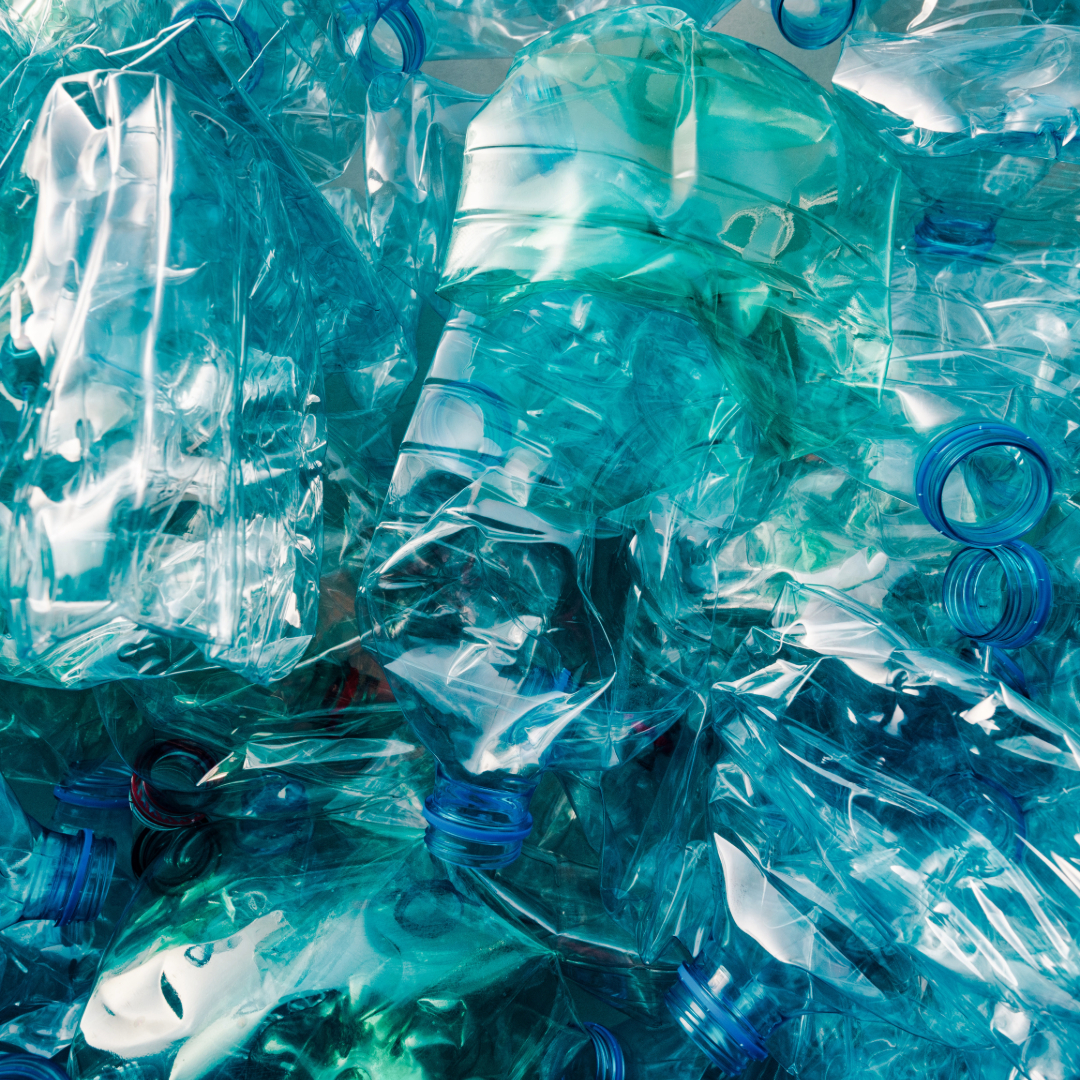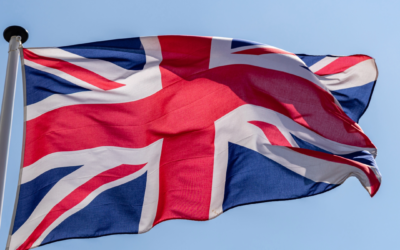The plastic tax in Europe: current requirements




Plastic waste is a major environmental problem if it is not or cannot be recycled. To curb the risks posed by plastic pollution, the European Union (EU) introduced a plastic levy for its member states in 2021. In the following article, we take a closer look at how this is being implemented in various countries.
The plastic levy: what is it?
The plastic levy is a way of reducing the environmental risks posed by plastic pollution. In the EU, the focus is on plastic packaging waste. The so-called plastic levy has therefore been in place since 2021. This obliges all EU member states to make a payment based on the amount of non-recycled plastic waste produced in each country. The plastic levy is intended to create an incentive to reduce plastic waste. At the same time, it serves as funding for the EU budget until 2027.
The amount of the plastic levy is 0.80 euros per kilogramme of non-recycled plastic packaging waste. Every member state is obliged to pay this levy. However, it is up to the Member States to decide how to finance this levy. There are still no EU legal requirements for the national organisation. Some pay the levy from their national budgets, while others have introduced taxes, fees or contributions for certain plastic products in their countries and thus pass the levy on to consumers and the private sector.
Plastic tax vs. plastic levy: what's the difference?
The two terms are often used interchangeably. However, the plastic levy is an EU-wide method for calculating the contributions to the EU budget that each EU member state must make. The term plastic tax, on the other hand, refers to the refinancing of the plastic levy at national level. This is not subject to any EU directives. The individual member states have the freedom to organise this. A plastic tax is therefore not levied in every country.
Plastic tax for companies and retailers
In order to be compliant when selling goods and packaging abroad, companies must always be aware of the latest developments in their export countries. Whether a plastic tax applies to retailers or producers varies greatly from country to country. The structure of the tax also differs at national level, which can result in billing and pricing implications for companies. For example, it is necessary to consider which materials or products fall under the respective tax regulations and in which part of the supply chain they are taxed. All of this requires financial and human resources, which can be a hurdle for small companies in particular.
Current requirements and laws in Europe
While some EU countries focus exclusively on packaging, i.e. both plastic and non-plastic packaging, others draw stricter boundaries and only tax single-use or non-reusable plastics. The origin of the plastics or packaging also plays a role in taxation, depending on the country. In some member states, for example, a tax is levied on plastic products originating both domestically and abroad, while in others only foreign plastic products are taxed.
Here we explain what these regulations actually look like in some EU countries:
Germany
Germany is currently planning to introduce a plastic tax for manufacturers and importers of single-use plastic packaging. However, it is not yet known when a draft law will be available.
However, according to the Disposable Plastics Fund Act (EWKFondsG) adopted in 2023, manufacturers and importers will be obliged to make a contribution to a central fund from 1 January 2025. The contribution is calculated based on the quantities of single-use plastic put into circulation by the respective companies in 2024.
France
There are currently no finalised plans for a plastic tax in France. Here, the national budget finances the plastic tax.
More information on France can be found here.
Italy
The introduction of a plastic packaging tax was already planned in Italy for 2020. After several postponements, it is now set to come into force in 2024. The plan is to levy a tax of €0.45 per kilogramme on single-use plastic products, known as “manufatti con singolo impiego” (MACSI). Exceptions are to be made for single-use plastic products that are compostable or used for medical purposes. Companies that manufacture these products in Italy or supply them to Italy from other member states are to be taxed. Companies without a registered office in Italy must appoint a (jointly and severally liable) tax representative in Italy to fulfil their obligations.
The Netherlands
There are currently no finalised plans for a plastic tax in the Netherlands. However, the introduction of a plastic tax to finance the plastic levy is being examined.
In the Netherlands, however, a contribution that is not considered a tax is levied on plastic packaging. Companies that import 50 tonnes or more of plastic packaging onto the Dutch market each year or dispose of these quantities after importing them pay a regular rate of 1.05 euros. A reduced rate of 0.79 euros per kilogramme applies to companies whose plastic packaging has a positive market value and can be properly sorted and recycled.
Poland
Poland does not yet have a plastic tax for companies. However, in order to avoid packaging waste, a recycling fee law has been in force since January 2018.
In March 2023, the Polish parliament also passed a law to implement EU Directive 2019/904/EU on reducing the impact of certain plastics on the environment. The aim is to reduce the amount of single-use plastics on the Polish market through reporting obligations, product-related fees and annual levies. The obligations mainly apply to companies that introduce products to the Polish market for the first time.
Foreign companies that import single-use plastics to Poland can appoint an authorised representative to fulfil the obligations in connection with the marketing of their products.
Spain
A tax on non-reusable plastic packaging products has been in force in Spain since 2023. Among other things, this implements the EU directive on single-use plastics in Spanish law. This is intended to curb the production and use of plastic products. The tax of 0.45 euros per kilogramme applies equally to the manufacture, import and intra-Community purchase of non-reusable plastic packaging. This includes single-use packaging with plastic, semi-finished plastic products for single-use packaging containing plastic and products containing plastic that enable single-use packaging to be placed on the market. Recycled plastic, packaging used for the protection, manipulation, distribution and presentation of specialised medical, agricultural and veterinary products and plastic packaging exported directly from a manufacturer to another Member State or outside the EU are exempt from the tax. In addition, however, a tax is levied on the incineration and landfilling of waste.
Further information on Spain can be found here.
Conclusion: patchwork plastic tax
Among other things, the plastic levy serves to protect the environment and promote the circular economy. However, due to the current lack of EU-wide guidelines for implementing this levy, it has unfortunately also created a patchwork of regulations and legislation that can present a hurdle for internationally active retailers and companies when selling their products. Companies that operate in more than one EU member state must therefore carefully check the nationally applicable regulations.
As the plastic tax is currently being discussed in many countries, companies should already consider it in their business strategies and assess the potential impact. Flexible, resource-saving packaging solutions can be a first approach.

LIZENZERO.EU makes packaging compliance in Europe very easy.
Do you ship your products to different countries in the EU? Many different legal requirements and obligations can make the whole thing quite complicated – but don’t worry, we’ll do it for you. How do we do it? With our licensing service, we take over all obligations for you by power of attorney. Sounds good? We’ll be happy to advise you.
For shipping to Germany, you can easily fulfill your packaging obligations yourself via Lizenzero.de.
Europe’s path to a more circular economy: The EU Waste Framework Directive explained
One of the biggest challenges we currently face is the effective management and reduction of waste. The constantly growing population and increasing consumption lead to ever greater quantities of waste, which pollutes our environment. In addition, our natural resources are dwindling. To counteract this problem, the EU Waste Framework Directive has been in place since 2008, which was amended in 2018 and represents a decisive step towards a sustainable circular economy in the EU. This directive sets clear targets and measures to prevent, reduce and optimise the recycling of waste. But what exactly is behind this directive and how is it implemented? In the following article, we take a look at the background and objectives of the EU Waste Framework Directive and highlight the key aspects and challenges involved in its implementation.
EPR regulations in the UK: current obligations for retailers in relation to packaging
Extended Producer Responsibility (EPR) is a European regulation that makes manufacturers, importers and companies responsible for the life cycle of their products and packaging in accordance with the polluter-pays principle. EU countries can interpret the EPR regulations differently, which is why your obligations may vary from country to country. If you are shipping goods to the UK, you should therefore familiarize yourself with the exact regulations in the country in advance in order to avoid sanctions and be compliant. In the following article, we will give you an overview of the current EPR obligations in the UK and take a look at upcoming changes.
Textile EPR in Europe: an opportunity for a greener future in fashion
The textile industry is one of the largest and most influential economic sectors in the world, but also one of the most environmentally damaging. The ever-increasing production of textiles brings with it ecological problems. A sustainable textile industry therefore requires circular solutions in production and recycling. In its EU strategy for sustainable and recyclable textiles, the European Commission presents measures to promote the sustainable handling of textile waste in line with extended producer responsibility (EPR). In the following article, we take a look at the EU’s proposals and the initial implementation of textile EPR in various countries.




